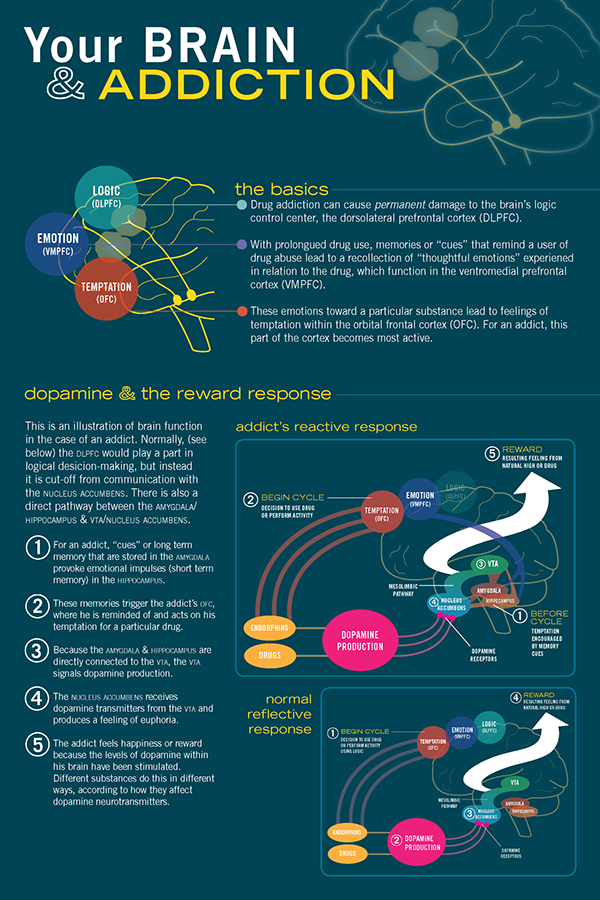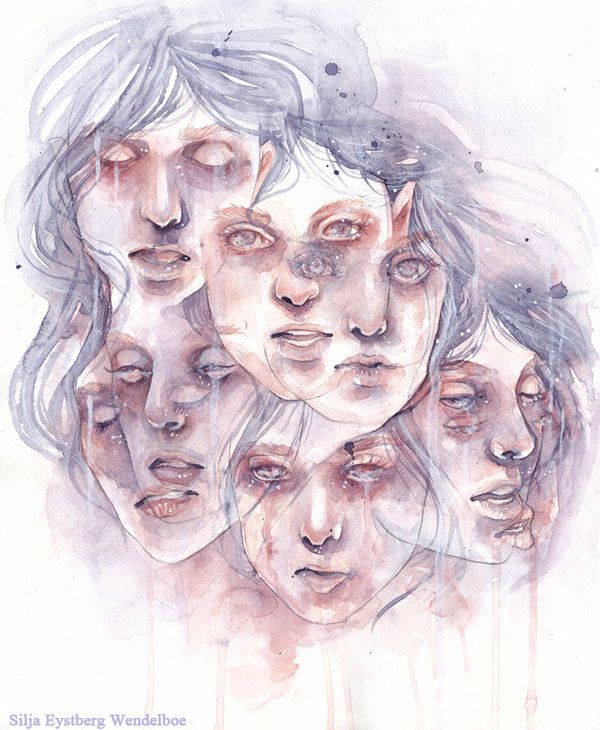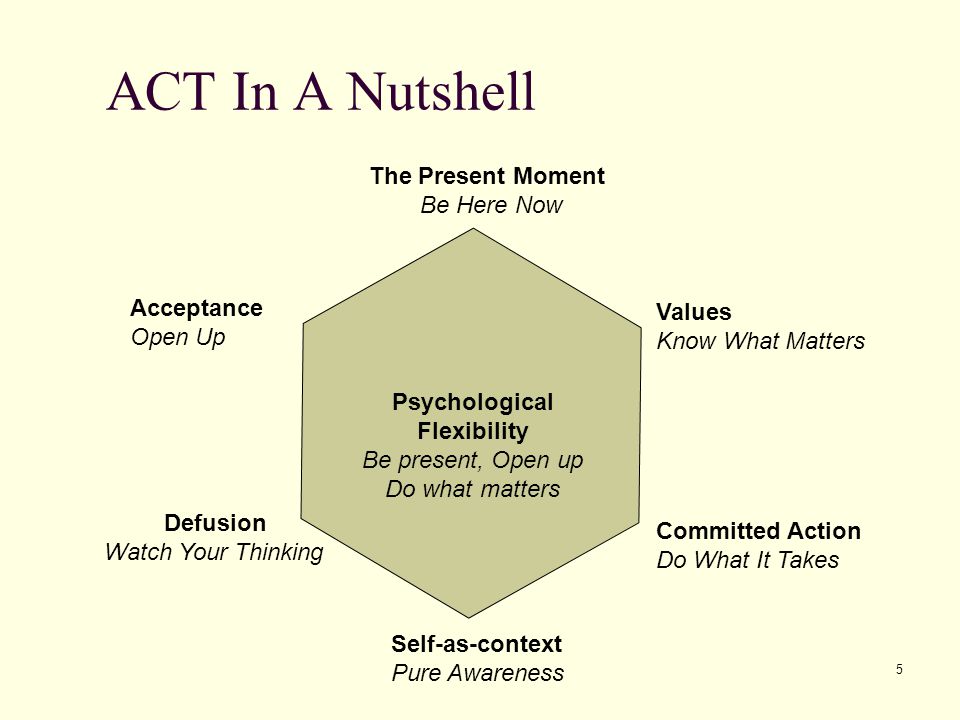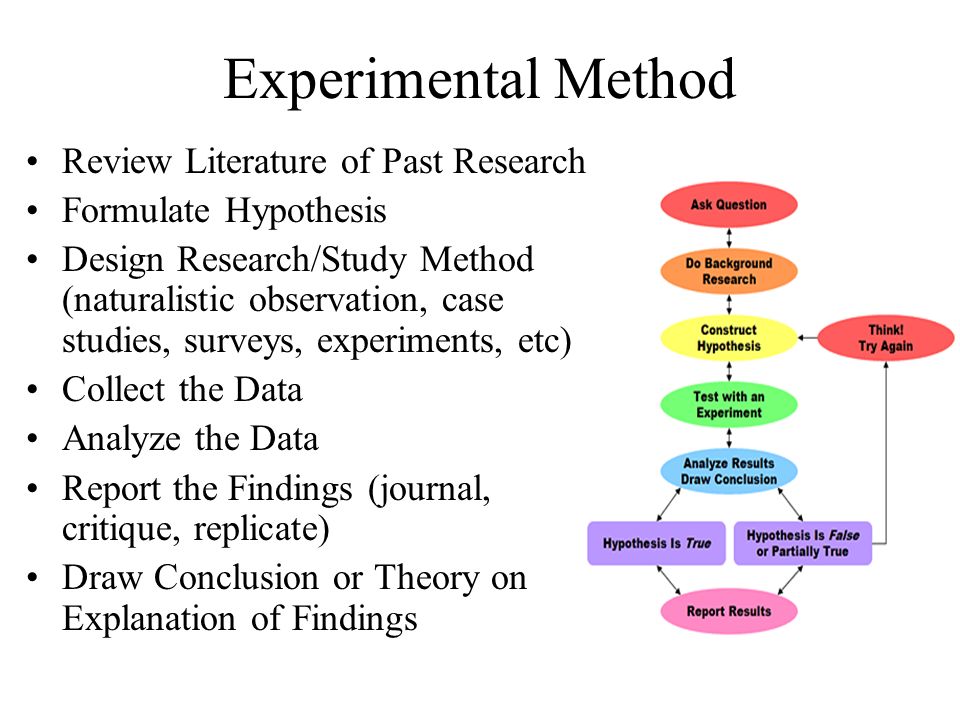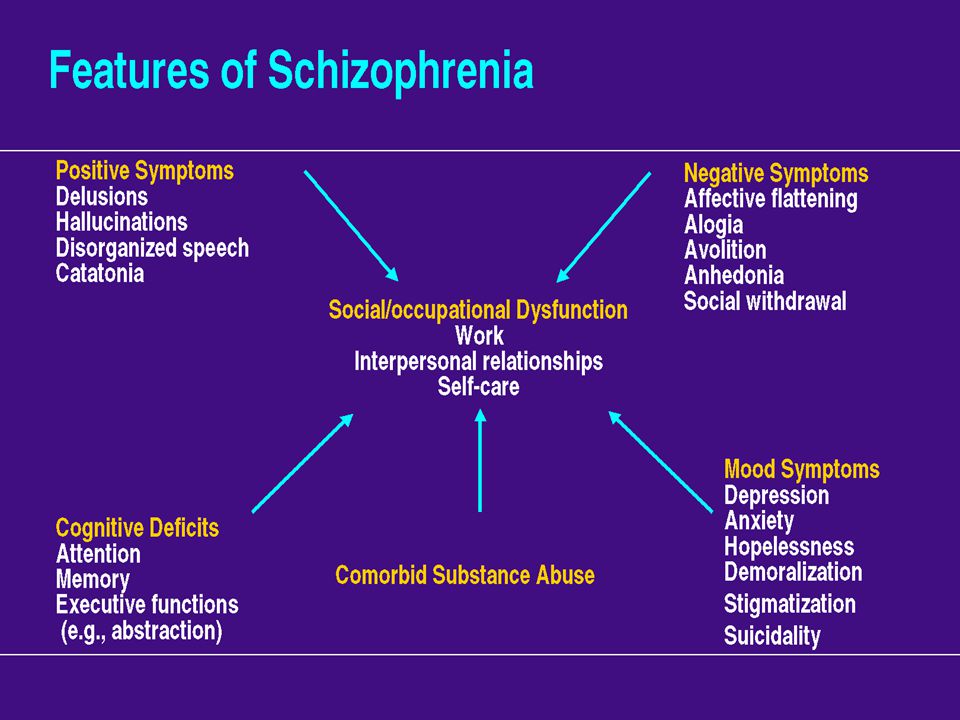How cheating affects the brain
Long-Term Psychological Effects of Infidelity: What the Research Says
Infidelity can cause problems in any relationship. The affects of such a betrayal can be long-term and devastating.
Infidelity can have long-term effects on the quality of your relationship.
Infidelity can involve sexual or emotional affairs with someone outside the relationship agreement you have with your partner. You may have cheated on your partner and find yourself surprised by the consequences of that decision, or you may have been cheated on and have difficulty moving past it.
You might wonder if you can move forward after an affair or how that might affect you, your relationship, and your mental health.
Pain with infidelity is usually inevitable and can have emotionally devastating consequences. If you feel like you’re grieving, you might very well be, and that’s OK. There are different forms to human loss and no one has a right to dismiss your grief.
But take heart, you can heal. If you two so choose, you can work through the affair. But there must be a willingness by both parties to do the work necessary to recover.
For the one who cheated, you might feel like you’re on your way to healing but keep in mind, your partner can grieve and be triggered for longer than you might be comfortable with. It’s helpful to sit with their pain, communicate openly, and check in now and then on their emotional well-being.
What happens mentally, after an affair
Dr. Dennis Ortman describes those who’ve discovered a partner’s affair as traumatized. Ortman names this trauma response Post-Infidelity Stress Disorder (PISD), in his 2009 book.
You might experience symptoms consistent with post-traumatic stress. Instead of a shock to your system, as with post-traumatic stress disorder (PTSD), discovering cheating can be a mental shock to the system you’ve built as a couple.
Ortman adds that phases of recovery from infidelity are not unlike the 5 stages of grief.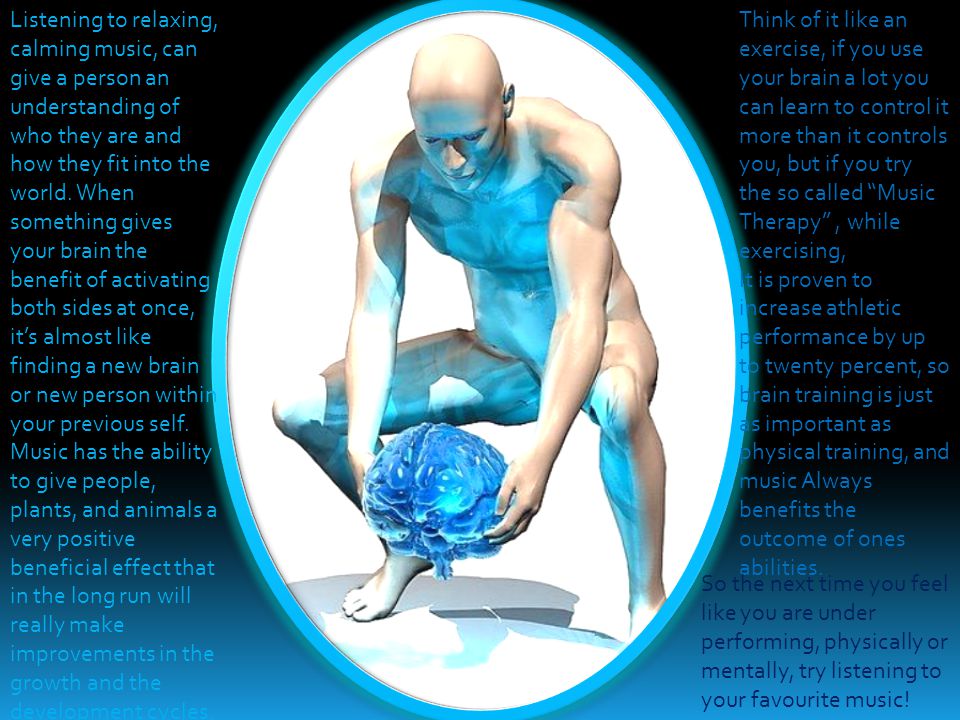
Research shows that infidelity can also cause increased anxiety and depression, in addition to stress.
If you’ve been cheated on, it may take a long time to heal. It can cause you chronic anxiety, post-traumatic stress, depression, and mistrust of others for a long time after the event.
How does being cheated on effect the brain?
Love, insofar as being a factory for releasing dopamine and triggering feelings of euphoria, can feel addictive to your brain. So the rejection caused by infidelity can cause several changes in the brain pathways similar to withdrawal in substance use disorder. Rejection can cause short- and long-term consequences to your brain chemistry.
Being in love produces more oxytocin and dopamine in our brains, and infidelity can disrupt the pathways that cause the release of these chemicals in our brain.
When your child finds out you cheated
If your child finds out you cheated, it can cause many ripple effects:
- Your child may side with and trust your partner more than you.
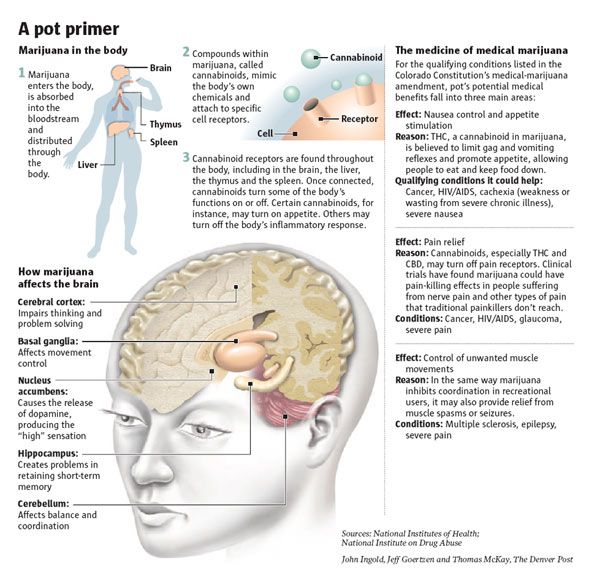
- They may experience feelings of confusion, anxiety, abandonment, and isolation not unlike the partner who was cheated on.
- One study also suggests that children with a parent who has had an affair may have trust issues with future romantic partners.
- Your child may form negative perceptions of fidelity.
- A 2017 study looked at how children imitate infidelity modeled to them in childhood in adult relationships.
Can infidelity cause mental illness?
Infidelity can cause symptoms similar to post-traumatic stress from the relationship breach that were not previously present before an affair. Some common symptoms may include flashbacks, nightmares, and obsessions about the event.
You may also experience hyperarousal and become reactive at any perceived threat to yourself or your relationship. As a result, you can have disruptive sleeping and eating patterns.
What does research say about how cheating affects a man?
No matter who you are, you can still be impacted by infidelity.
One study that looked at gender differences in response to infidelity found that women tend to be more distressed by emotional affairs, and men tend to become more distressed over physical affairs.
This difference in response to emotional versus sexual infidelity is reinforced by an extensive study on infidelity with approximately 64,000 participants, which had similar findings.
This study also examined the impact that cheating has on gay, lesbian, and bisexual people. There was no significant gender difference in degrees of upset over infidelity among LGB+ folks.
Infidelity can have lasting impacts on partners and children the couple may have. Grief, brain changes, behaviors down the road, and mental health conditions such as anxiety, chronic stress, and depression can result.
Some families have been able to move past infidelity with time and therapy. To move on, this takes active work on both partners to work on the root cause of the infidelity. Working through it is not suitable for every couple, but those willing can heal.
Long-Term Psychological Effects of Infidelity: What the Research Says
Infidelity can cause problems in any relationship. The affects of such a betrayal can be long-term and devastating.
Infidelity can have long-term effects on the quality of your relationship.
Infidelity can involve sexual or emotional affairs with someone outside the relationship agreement you have with your partner. You may have cheated on your partner and find yourself surprised by the consequences of that decision, or you may have been cheated on and have difficulty moving past it.
You might wonder if you can move forward after an affair or how that might affect you, your relationship, and your mental health.
Pain with infidelity is usually inevitable and can have emotionally devastating consequences. If you feel like you’re grieving, you might very well be, and that’s OK. There are different forms to human loss and no one has a right to dismiss your grief.
But take heart, you can heal.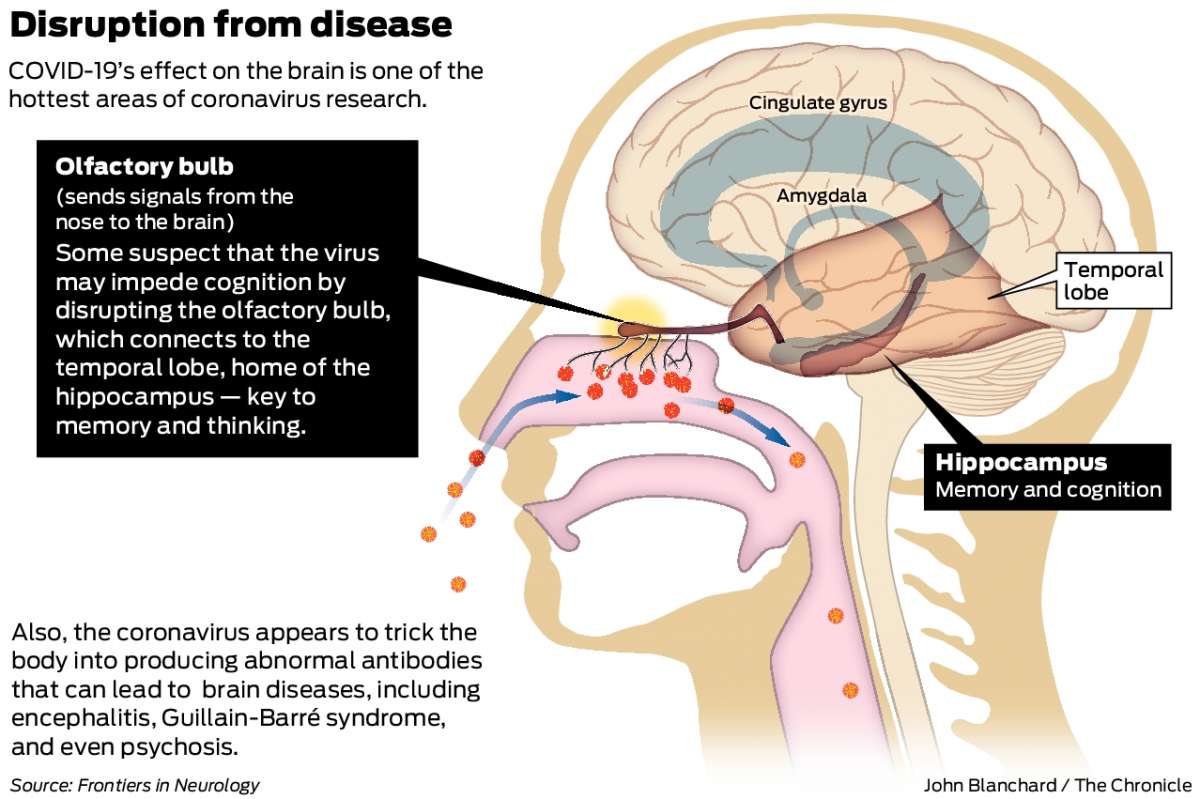 If you two so choose, you can work through the affair. But there must be a willingness by both parties to do the work necessary to recover.
If you two so choose, you can work through the affair. But there must be a willingness by both parties to do the work necessary to recover.
For the one who cheated, you might feel like you’re on your way to healing but keep in mind, your partner can grieve and be triggered for longer than you might be comfortable with. It’s helpful to sit with their pain, communicate openly, and check in now and then on their emotional well-being.
What happens mentally, after an affair
Dr. Dennis Ortman describes those who’ve discovered a partner’s affair as traumatized. Ortman names this trauma response Post-Infidelity Stress Disorder (PISD), in his 2009 book.
You might experience symptoms consistent with post-traumatic stress. Instead of a shock to your system, as with post-traumatic stress disorder (PTSD), discovering cheating can be a mental shock to the system you’ve built as a couple.
Ortman adds that phases of recovery from infidelity are not unlike the 5 stages of grief.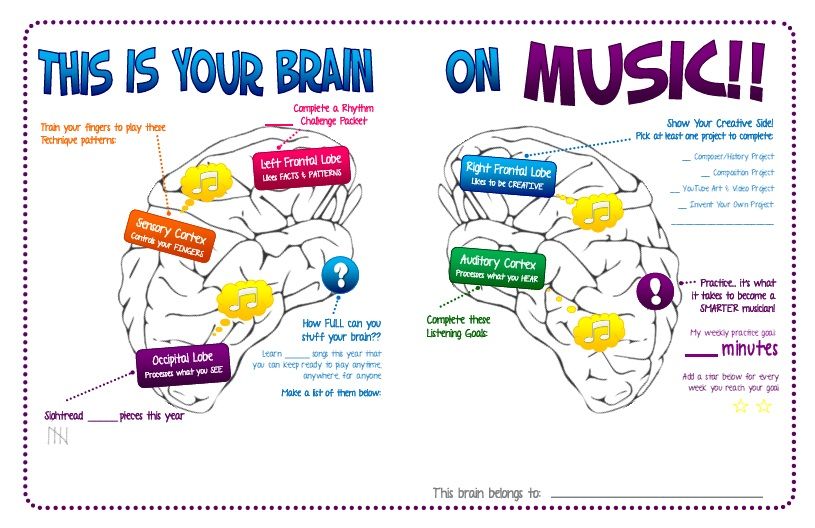
Research shows that infidelity can also cause increased anxiety and depression, in addition to stress.
If you’ve been cheated on, it may take a long time to heal. It can cause you chronic anxiety, post-traumatic stress, depression, and mistrust of others for a long time after the event.
How does being cheated on effect the brain?
Love, insofar as being a factory for releasing dopamine and triggering feelings of euphoria, can feel addictive to your brain. So the rejection caused by infidelity can cause several changes in the brain pathways similar to withdrawal in substance use disorder. Rejection can cause short- and long-term consequences to your brain chemistry.
Being in love produces more oxytocin and dopamine in our brains, and infidelity can disrupt the pathways that cause the release of these chemicals in our brain.
When your child finds out you cheated
If your child finds out you cheated, it can cause many ripple effects:
- Your child may side with and trust your partner more than you.
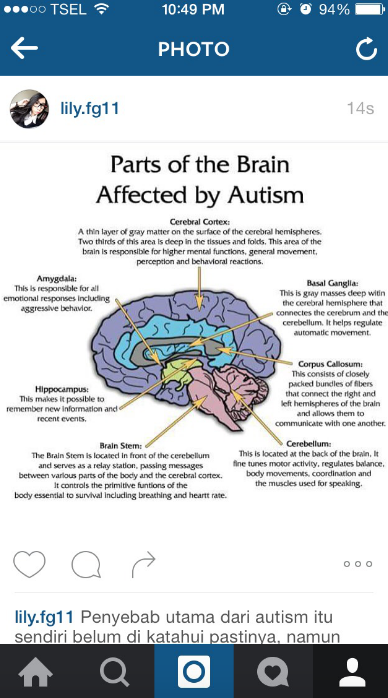
- They may experience feelings of confusion, anxiety, abandonment, and isolation not unlike the partner who was cheated on.
- One study also suggests that children with a parent who has had an affair may have trust issues with future romantic partners.
- Your child may form negative perceptions of fidelity.
- A 2017 study looked at how children imitate infidelity modeled to them in childhood in adult relationships.
Can infidelity cause mental illness?
Infidelity can cause symptoms similar to post-traumatic stress from the relationship breach that were not previously present before an affair. Some common symptoms may include flashbacks, nightmares, and obsessions about the event.
You may also experience hyperarousal and become reactive at any perceived threat to yourself or your relationship. As a result, you can have disruptive sleeping and eating patterns.
What does research say about how cheating affects a man?
No matter who you are, you can still be impacted by infidelity.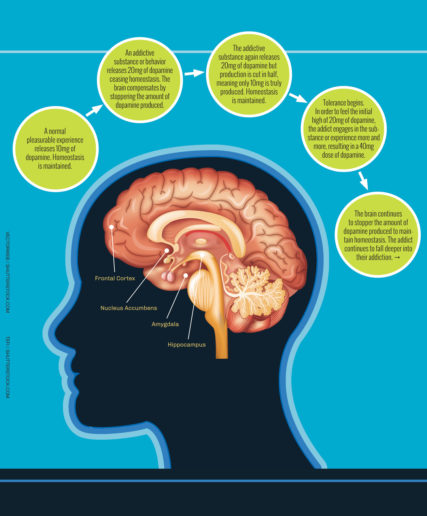
One study that looked at gender differences in response to infidelity found that women tend to be more distressed by emotional affairs, and men tend to become more distressed over physical affairs.
This difference in response to emotional versus sexual infidelity is reinforced by an extensive study on infidelity with approximately 64,000 participants, which had similar findings.
This study also examined the impact that cheating has on gay, lesbian, and bisexual people. There was no significant gender difference in degrees of upset over infidelity among LGB+ folks.
Infidelity can have lasting impacts on partners and children the couple may have. Grief, brain changes, behaviors down the road, and mental health conditions such as anxiety, chronic stress, and depression can result.
Some families have been able to move past infidelity with time and therapy. To move on, this takes active work on both partners to work on the root cause of the infidelity. Working through it is not suitable for every couple, but those willing can heal.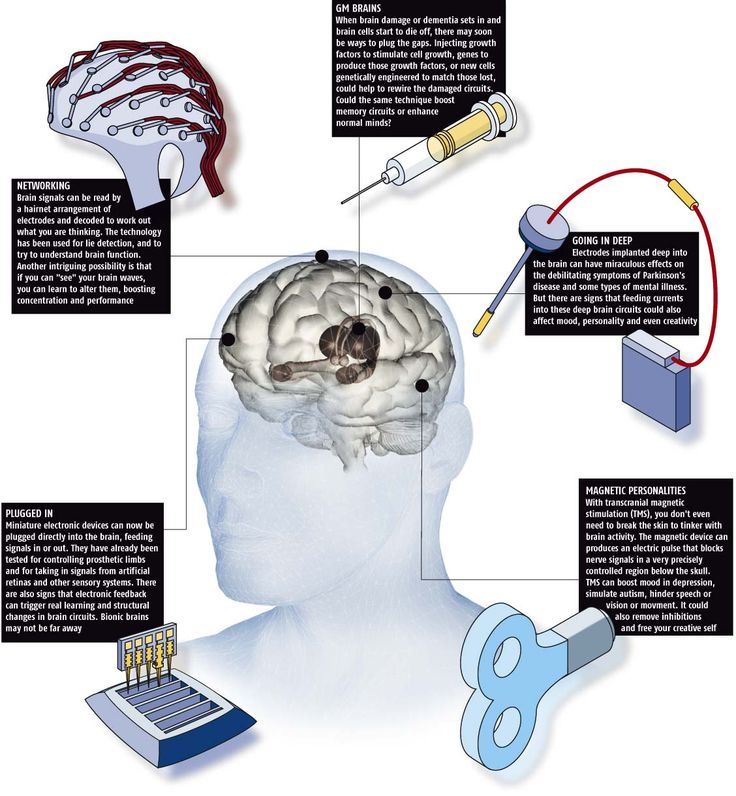
The Science of Passion: Why Cheating Even in a Happy Marriage
Health
© Pakmor/Shutterstock
Author Maria Smirnova
November 20, 2017
Pink talks about what pushes us to cheat, and, together with the practicing psychotherapist Alla Solomatina, she understands in what situations it is possible to avoid relationships on the side.
The decision-making mechanism to change is very complicated. It involves not only our brains and hormones, but also the attitudes of society, patterns and problems that we bring into our marriage, including from our parental family.
- From a neuroscientific point of view, the neurotransmitter dopamine plays a significant role in maintaining any romantic relationship. He participates in the system of encouragement and the formation of addictions - including drugs and, in part, love. We want our partner to behave in a certain, pleasant way, because the brain in this case perceives his actions as a reward.
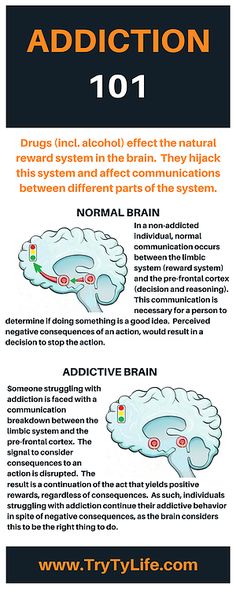 But as soon as his actions cease to satisfy us, the magical effect of dopamine weakens, there is a need to find another source of pleasure. Dopamine, in fact, keeps the first passion. When it calms down and the relationship goes back to normal, you have to make an effort to maintain them. Not everyone is ready for this.
But as soon as his actions cease to satisfy us, the magical effect of dopamine weakens, there is a need to find another source of pleasure. Dopamine, in fact, keeps the first passion. When it calms down and the relationship goes back to normal, you have to make an effort to maintain them. Not everyone is ready for this. - Oxytocin, also known as the attachment hormone, also plays an important role. For a long time, it was associated only with the relationship between mother and child, but then it turned out that it is also produced during close contact between lovers. For oxytocin to make your marriage stronger, you need to hold hands, hug, kiss, and yes, have sex. The lack of physical intimacy in a couple leads to infidelity, not only because the man or woman is deprived of the opportunity to have sex, but also because when you do not touch and snuggle up to each other, the oxytocin threads that bind you weaken.
Advertising on RBC www.adv.rbc.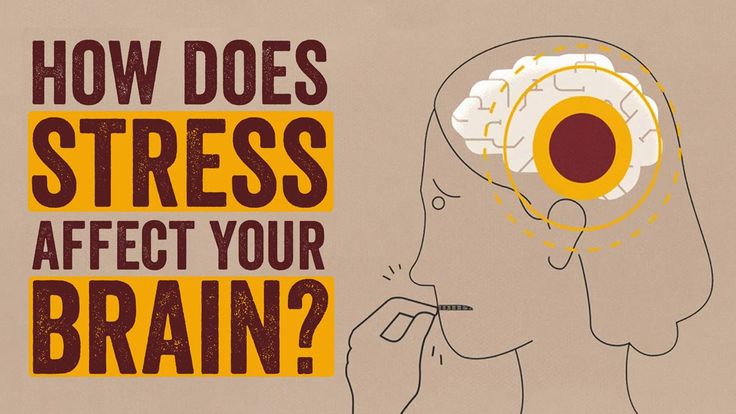 ru
ru
- Psychotherapist Esther Perel says that cheating often has nothing to do with our partner at all. It becomes part of the search for oneself - including through the acceptance of one's sexuality and working through childhood traumas. A woman can be very happily married to an intelligent university teacher. But if in her youth her mother forbade her to meet with a dangerous biker, as an adult, she can find herself a lover like him in order to close the gestalt and understand why then, many years ago, she needed just such a man.
- In 2013, a British-American group of scientists published the results of a study in which it turned out that people cheat also because they get pleasure not even from sex or flirting with another person, but from violating moral norms. Many of us like to feel “wrong,” and cheating is just one way to show others our strength and audacity.
- Historians also deal with the problems of adultery. Until about the 19th century, monogamous marriage was a social and highly pragmatic act.
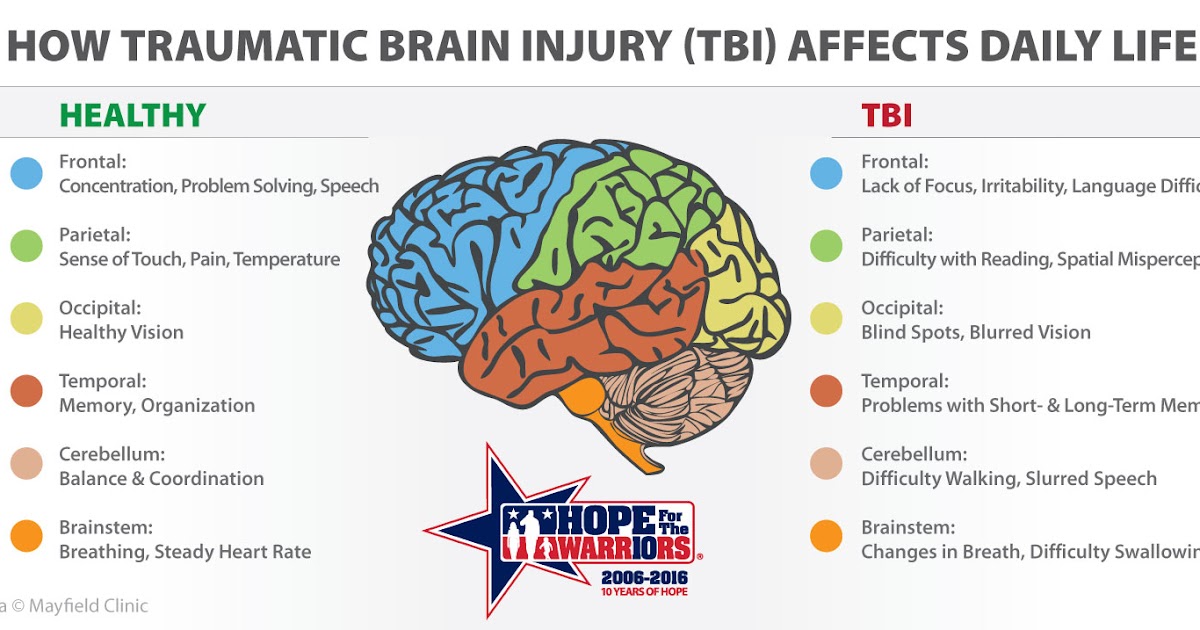 It was easier to manage a large family than alone, and the transfer of genes was considered almost sacred. Now the role of marriage has changed: every year we become more and more economically independent, and in a partner we are looking for a person who will become our friend, lover, travel companion - anyone. As a result, we change because we simply have the opportunity to look for a suitable couple, even for the rest of our lives.
It was easier to manage a large family than alone, and the transfer of genes was considered almost sacred. Now the role of marriage has changed: every year we become more and more economically independent, and in a partner we are looking for a person who will become our friend, lover, travel companion - anyone. As a result, we change because we simply have the opportunity to look for a suitable couple, even for the rest of our lives.
Does this mean that we are doomed to change? Yes and no. On the one hand, in marriage there may indeed be a desire to change. On the other hand, if you understand yourself and your relationship with your partner, the risk of infidelity or the need for it become lower.
Situation. Many people expect that the romance, passion, and surprises that started a relationship will continue into marriage. When that doesn't happen, they look for thrills on the side.
How to avoid infidelity. “I would try to find out what the spouses feel in their real, live relationship at this stage,” says Alla Solomatina, a practicing psychotherapist, candidate of psychological sciences.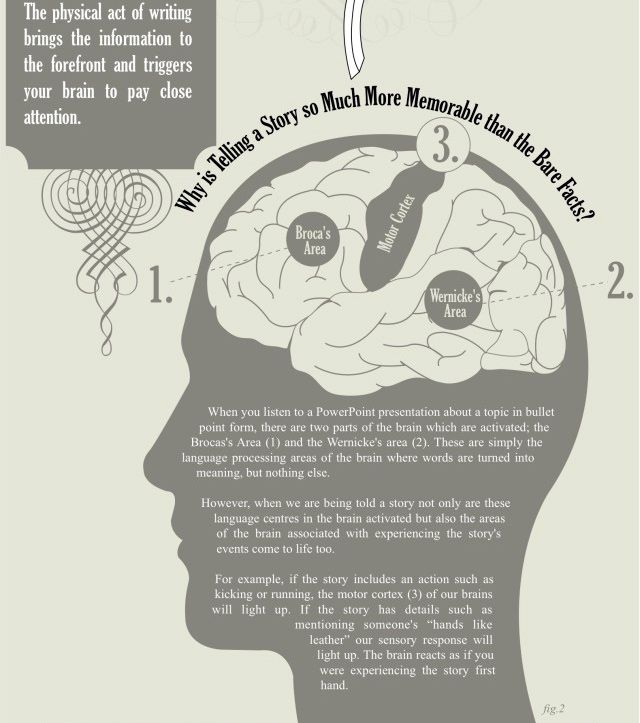 - What exactly are they nostalgic for, looking back at the “candy-bouquet” period? It may very well be that behind the idealization of a beautiful beginning there is a fear of the routine of family life. The belief that there is no place for beauty, love, romance in it at all. Often, following their tired mothers, grandmothers heroically surviving alone, dull or drinking fathers, people carry a deep, destructive program: a family is a duty, it is work. And life with pleasure, joyful idleness, the sexuality of spouses shown is a sin and shame. Recognizing these inner inhibitions releases both passion and romance and the joy of endless recognition of each other.
- What exactly are they nostalgic for, looking back at the “candy-bouquet” period? It may very well be that behind the idealization of a beautiful beginning there is a fear of the routine of family life. The belief that there is no place for beauty, love, romance in it at all. Often, following their tired mothers, grandmothers heroically surviving alone, dull or drinking fathers, people carry a deep, destructive program: a family is a duty, it is work. And life with pleasure, joyful idleness, the sexuality of spouses shown is a sin and shame. Recognizing these inner inhibitions releases both passion and romance and the joy of endless recognition of each other.
Situation. A child has appeared in the family, and the woman devotes all her time to him. As a result, a man cheats to get the attention that he lacks in the family.
How to avoid adultery. “Behind this scenario, I see a distortion of the family system: the husband falls into an infantile state and a competing relationship with the baby for the love of the mother, and the wife heroically assumes the role of an ideal, omnipotent Mother.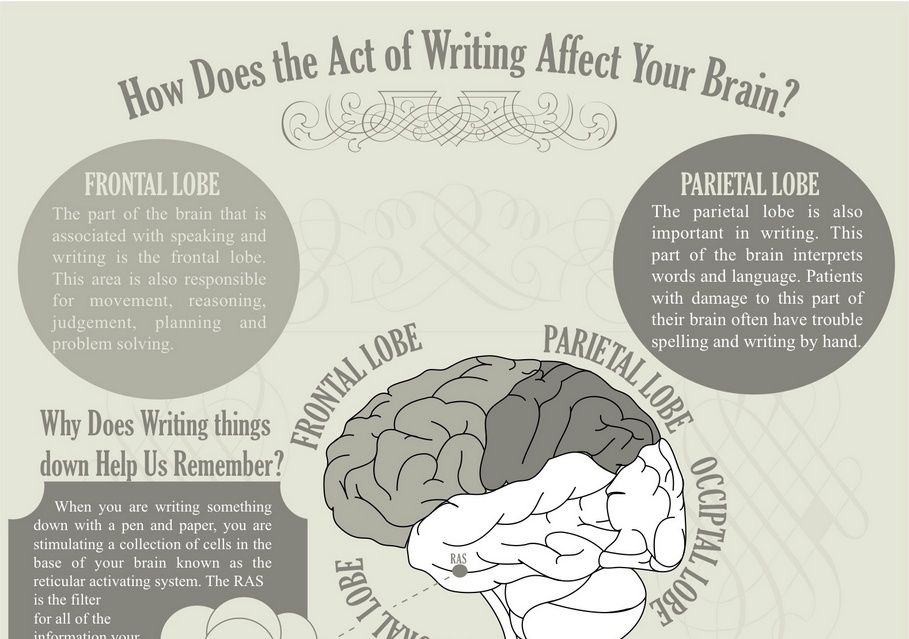 Here it is very important for a woman to convey her real feelings to her husband: a sense of endless responsibility for the life of the baby, and fatigue, and a desire for support and comfort, and the need to trust a man. And to the husband - to share that he feels relegated to the background, that he misses caresses and tenderness, that sometimes he feels awkward and awkward with the baby. This is an extremely difficult, but very resourceful period in the life of a family, and by going through it sincerely and together, spouses can reach a very deep level of intimacy.
Here it is very important for a woman to convey her real feelings to her husband: a sense of endless responsibility for the life of the baby, and fatigue, and a desire for support and comfort, and the need to trust a man. And to the husband - to share that he feels relegated to the background, that he misses caresses and tenderness, that sometimes he feels awkward and awkward with the baby. This is an extremely difficult, but very resourceful period in the life of a family, and by going through it sincerely and together, spouses can reach a very deep level of intimacy.
© Pakmor/Shutterstock
Situation. One partner cheats because he wants to take revenge on the other for past grievances: for indifference, for rudeness, or for the betrayal that he once committed.
How to avoid adultery. “Of course, it is necessary to speak! Try to be heard and try to hear the other. Speak in the first person, not accusing ("You are like that, you are like that!"), but by appealing to yourself: "I feel pain.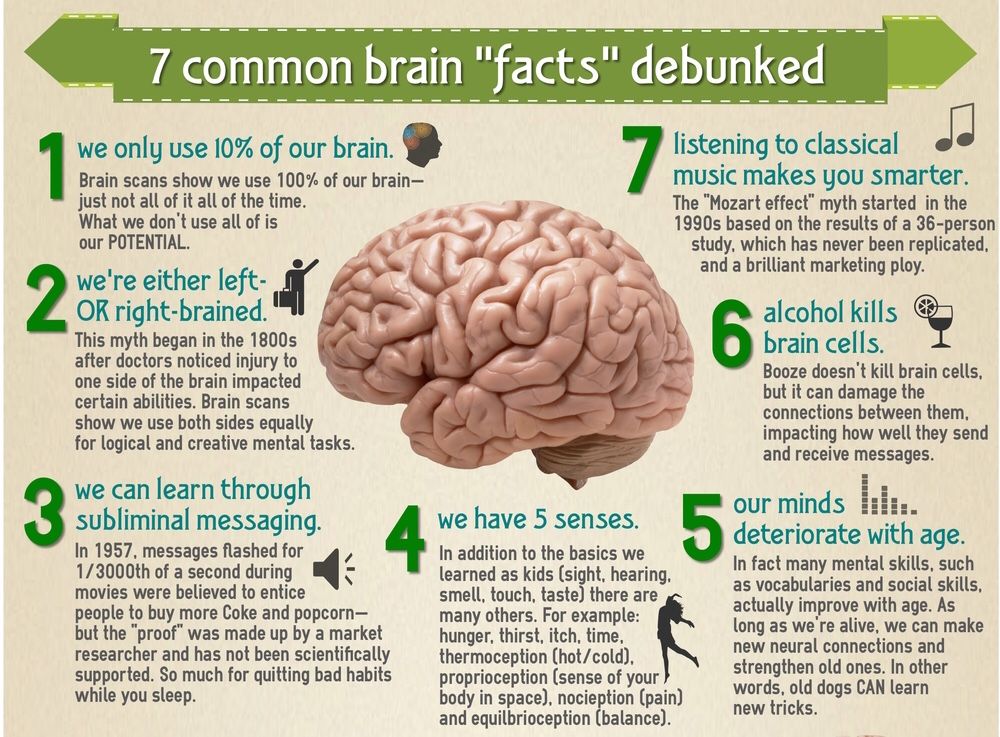 I feel that I can't cope" and so on. If a tangle of grievances has accumulated, then it is better to resort to the help of an intermediary - a psychotherapist. Treason out of a sense of revenge is a war in which there will be no winners, including among those who are drawn into this game.
I feel that I can't cope" and so on. If a tangle of grievances has accumulated, then it is better to resort to the help of an intermediary - a psychotherapist. Treason out of a sense of revenge is a war in which there will be no winners, including among those who are drawn into this game.
Situation. Treason is brought as a pattern from the parental family. The father took a mistress, for example, and the mother put up with it, and now the man believes that everything in his marriage should be arranged in a similar way. Or a woman cheats on her husband because he does not fit the definition of an ideal man that her mother imposed on her, and, realizing that it will not work to change him, she finds a lover.
How to avoid adultery. “We all bring some scenarios from the family history of our parents and grandparents into partnerships. Including scenarios of changes. The challenge facing anyone who enters into a close relationship is to learn to live with their head.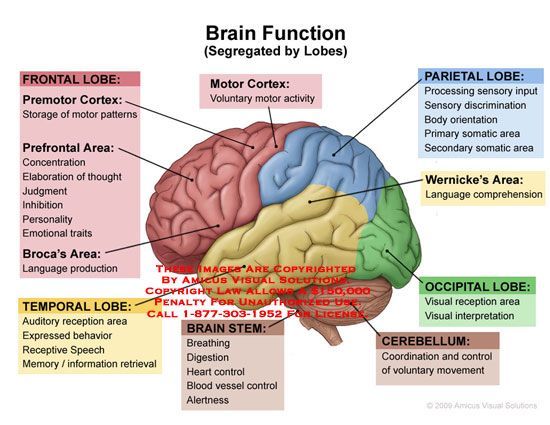 And with your heart. Those patterns that are “built into us” lose their power as soon as we ask ourselves the question: “Do I really think so? Do I really want this or is it accepted? Is this my (our) decision or greetings from the past?” Our grandparents were helped to survive by completely different life priorities. But if now they are not adequate to our culture, our "I", our real relationships, our living feelings, they need to be recognized and said goodbye to them, like old clothes.
And with your heart. Those patterns that are “built into us” lose their power as soon as we ask ourselves the question: “Do I really think so? Do I really want this or is it accepted? Is this my (our) decision or greetings from the past?” Our grandparents were helped to survive by completely different life priorities. But if now they are not adequate to our culture, our "I", our real relationships, our living feelings, they need to be recognized and said goodbye to them, like old clothes.
According to Alla Solomatina, in order to understand the true causes of infidelity, it is important to understand at least two aspects of partner relationships: firstly, what each person in a couple really feels (both in specific situations and in general), and secondly how partners deal with these feelings.
“Often even loving spouses don't notice each other's real feelings,” says Alla. - For example, in psychotherapeutic work with a married couple who have lived in love for many years, it suddenly turns out that behind the joint image “we are cool hikers”, the wife has long accumulated fatigue and irritation at the discomfort of such a vacation.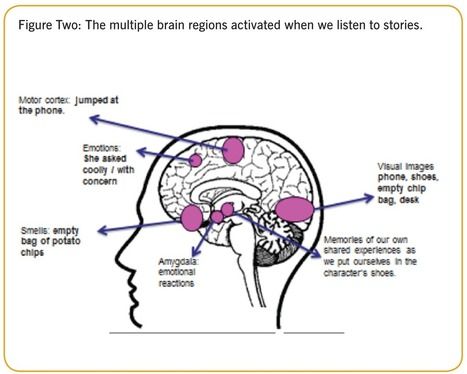 But she cannot even admit this to herself, because for her and her husband it would mean "getting old in spirit." The psychotherapist has to "amplify" the voice of one of the partners, which in ordinary life sounds quieter.
But she cannot even admit this to herself, because for her and her husband it would mean "getting old in spirit." The psychotherapist has to "amplify" the voice of one of the partners, which in ordinary life sounds quieter.
An example could be given of a more serious situation involving sexual relations. Once a man joked rudely in an intimate moment. The woman heard in this joke disappointment in her attractiveness, and this was superimposed on her own complexes. As a result, she began to avoid intimacy. Further - more: the man felt rejected and ceased to be active. If this chain of thoughts and insults had not been interrupted by a frank conversation, one of the spouses might well have broken down and tried to find their happiness with someone else.
© Pakmor/Shutterstock
The most important thing is to understand how or who each partner feels in a couple. We are talking about a stable feeling that can accompany the entire partner's life and manifest itself in various significant situations.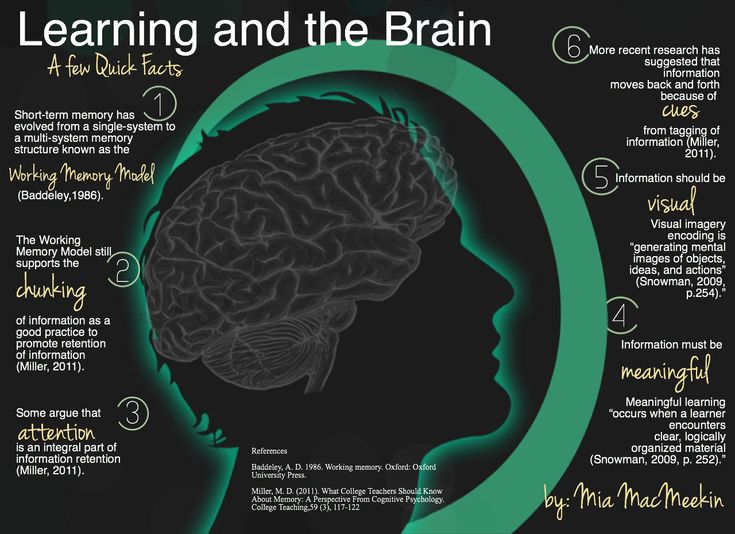 For example, someone all the time feels that they do not meet the high standards of a spouse. Someone, on the contrary, is always disappointed and unsatisfied. Someone is forced to simplify himself, and someone - to puff up in order to seem more interesting. Someone is always right, and someone is "a fool and a klutz."
For example, someone all the time feels that they do not meet the high standards of a spouse. Someone, on the contrary, is always disappointed and unsatisfied. Someone is forced to simplify himself, and someone - to puff up in order to seem more interesting. Someone is always right, and someone is "a fool and a klutz."
There are a lot of variants of such patterns and the reasons for their occurrence, but sooner or later a one-sided, limited feeling of being each of the partners will accumulate and lead to a relationship crisis. What to do with this crisis: turn away from your partner and try to find a "new happiness" on the side, gain this joy and integrity with another, or still try to get through to each other - to a real, uninvented, living and unique person - and, in a happy case, grow together in a relationship? This is the point of choice for each pair.”
What is emotional cheating and why is it dangerous?
Share
0 You can listen to the article.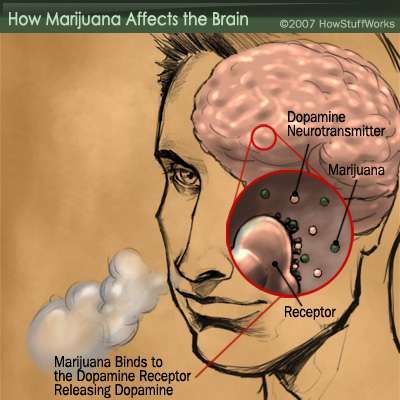 If it's more convenient for you, turn on the podcast.
If it's more convenient for you, turn on the podcast.
Everything starts quite innocently and looks like an ordinary friendship. You communicate with a person, exchange messages, go for a walk or snowboard together, share problems and experiences. And then suddenly you realize that you will spend the evening with more pleasure texting with “just a friend” than watching a movie with your own husband or wife. And this connection, which suddenly became unexpectedly strong, destroys your relationship with a regular partner.
What can be considered emotional cheating
Emotional cheating is when a person is married or in a serious relationship, but gives someone else more time, energy and feelings than his partner. With this "friend" he shares his innermost thoughts, he prefers to turn to him for support, warmth and emotional strokes. In other words, looking for emotions on the side.
Men and emotional affairs / Couples Therapy Inc. 45% of men and 35% of women admitted to being emotionally unfaithful to their partners.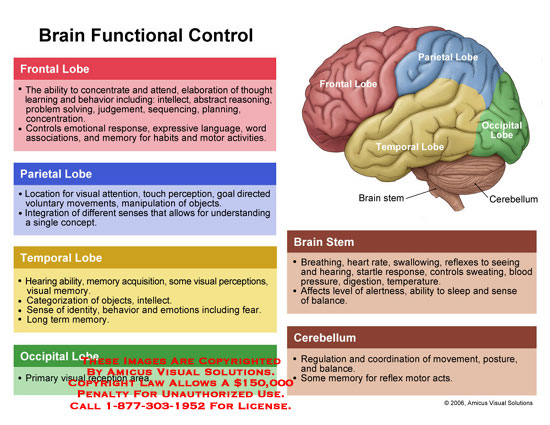 How do you know if you are one of them? Psychologists and marriage experts identify What is an emotional affair? / Verywell Mind the following signs:
How do you know if you are one of them? Psychologists and marriage experts identify What is an emotional affair? / Verywell Mind the following signs:
- You are moving away from your spouse/partner. It is difficult for you to talk with him about something other than everyday household issues.
- You think about your friend all the time, you can't wait to meet him.
- You are not interested in intimacy with your partner, both emotionally and sexually.
- You spend less time together than before.
- You share your thoughts, feelings and experiences with a friend, not with a partner.
- You are looking for a reason to give a friend a gift or to please him in some other way.
- It seems to you that a friend understands you better than a partner.
- You would rather spend time with a friend than with a husband or wife.
- You keep your friendship a secret, do not tell your other half what you are talking about, hide the fact that you went to a meeting, and prefer not to mention this relationship at all.

- You feel attracted to your friend.
- You often quarrel with your partner because of your relationship with a friend.
And here are the alarm bells that indicate that your partner or spouse is emotionally cheating:
- He avoids you, behaves aloof, often criticizes you.
- He became secretive, hides the phone or puts a password on it and slams the lid of the laptop if you suddenly enter the room.
- He has unexpected interests and hobbies.
- He says he is working with a friend on a project and they often need extra time.
- He constantly talks about his boyfriend or girlfriend.
- Usually you are not jealous, but now you feel in your gut that something is wrong.
- When you try to discuss the situation, the husband or wife acts hostile, attacks you or tries to make you look crazy.
There are several fundamental differences between platonic friendship and emotional betrayal. Infidelity begins when a "friend" becomes closer than a spouse or partner. When traitors have secrets from their halves. And when there is sexual attraction between "friends" - conscious or not.
When traitors have secrets from their halves. And when there is sexual attraction between "friends" - conscious or not.
Study the question 🤔
- Why people cheat and how to avoid it
Why emotional cheating is dangerous
Many people think that there is nothing to worry about: it's not sex, so it's not considered cheating. But it's not like that at all.
1. Emotional intimacy is just a prelude
Psychologists How to define emotional infidelity: Types of cheating / Psychology Today and marriage counselors What is an emotional affair? / Verywell Mind say that such an emotional connection is also a kind of betrayal, albeit without sex. Because this "just friendship" over time can easily end in bed. Between two people, if they have become so close, there is almost certainly a sexual attraction.
2. Emotional betrayal hurts and leads to breakup
Such cheaters often don't feel guilty, but their spouses or partners think How friendships can wreck a marriage: Women feel just as betrayed by “emotional cheating” as they would by a physical affair / The Daily Mail is very different.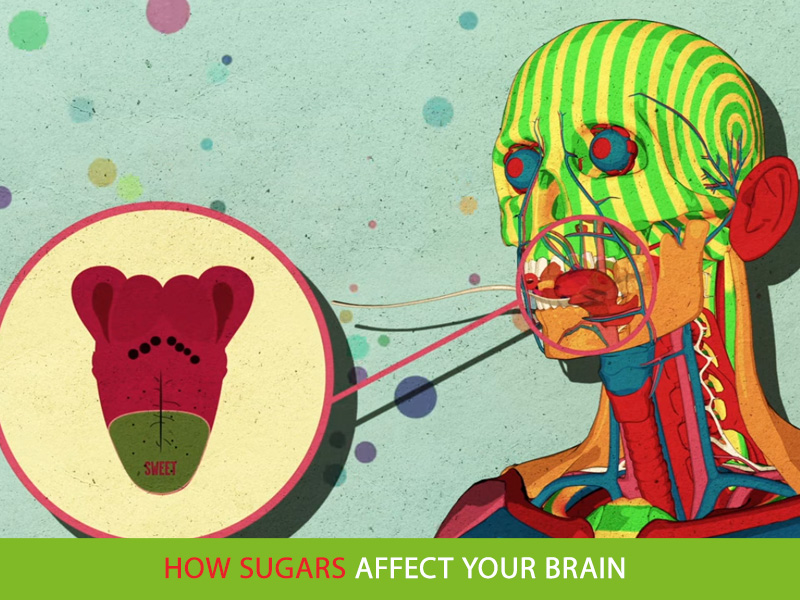 A close emotional connection with another person is no less painful than the fact of sex on the side. True, the attitude to this issue depends on gender.
A close emotional connection with another person is no less painful than the fact of sex on the side. True, the attitude to this issue depends on gender.
Researchers conducted the Research on jealousy: Impact of sexual vs. emotional infidelity / ScienceDaily and found out that women are more afraid of the emotional infidelity of their partner, while men are more afraid of sexual infidelity. In any case, both of them feel deceived and betrayed - because close people hide from them an important part of their lives, and lies and concealment destroy trust and harm relationships. As a result, the case may end in a break.
3. Emotional infidelity harms all involved
A friend who is caught up in this peculiar love triangle also has feelings. The cheater, in fact, gives him hope that someday they will be together, and actively feeds it - with warm messages, joint gatherings and walks, meaningful glances and, as it were, random touches.
But at the same time, he does not seem to be going to develop these relations, does not call what is happening a novel, and does not think about leaving the family.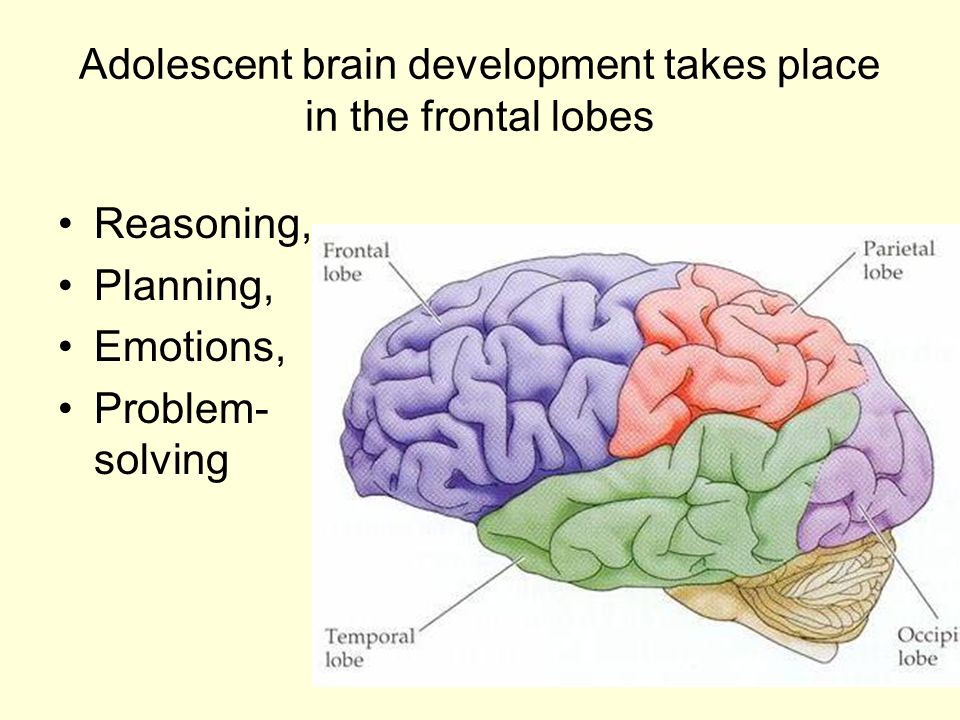 That is, he puts his “just friend” in a strange, ridiculous and almost humiliating position. And it hurts.
That is, he puts his “just friend” in a strange, ridiculous and almost humiliating position. And it hurts.
And finally, this whole situation causes suffering to the traitor himself. He is forced to suppress his feelings, to lie, to dodge, to be torn between two people close to him.
Find out 💔
- What to do if you cheat
What to do if you cheat
Understand the reasons
Perhaps you lack care, support and attention. Perhaps your spouse or partner does not spend enough time with you, admires you a little, often criticizes you. Or does not share the interests that are important to you.
Perhaps you need strong emotions, adventure and a shake-up. And it also happens that there is no longer love and warmth between you and the relationship has come to an end, although you refuse to admit it. Be that as it may, try to figure out why you began to look for emotions outside the family.
Realize that cheating destroys your relationships
That you give all your energy, affection, even love to another person.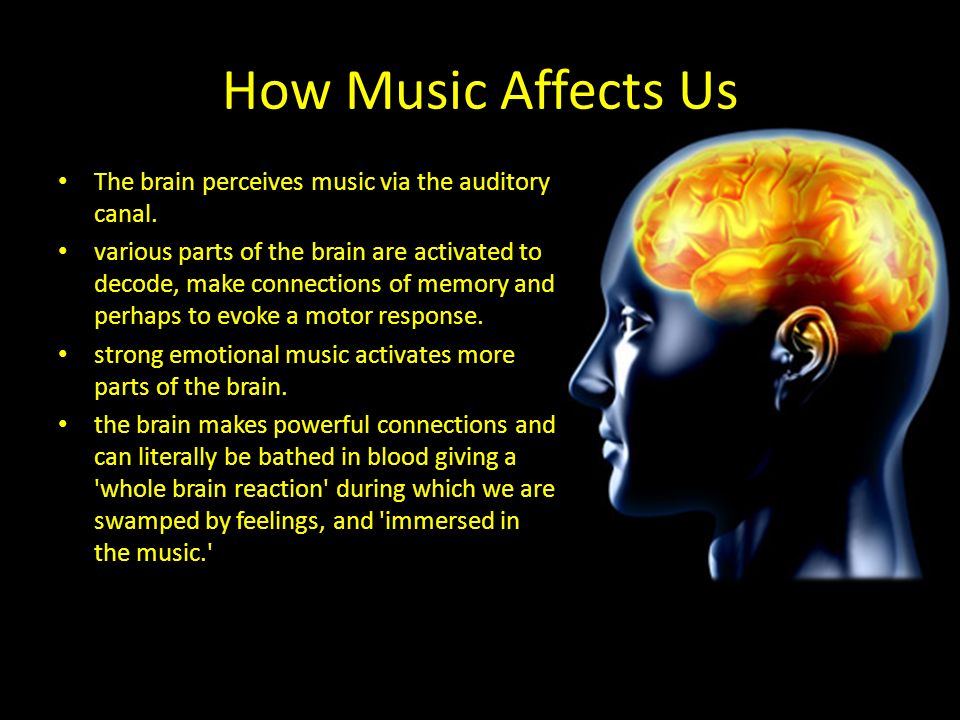 That you are deceiving your partner, moving away from him. All this causes pain and suffering to all participants in the conflict and may eventually end in a break.
That you are deceiving your partner, moving away from him. All this causes pain and suffering to all participants in the conflict and may eventually end in a break.
Talk to your other half
It's probably not worth talking about how you have feelings for another person - unless, of course, you plan to get a divorce. But we can discuss the reasons why this happened. For example, you lack support and admiration - tell your partner about this, ask him to devote more time and attention to you. Or take a trip together to strengthen your marriage and get the experiences you're missing.
Decide what to do with the "friendship"
Be honest with yourself and see if you can turn this relationship back into purely friendship. If not, such a connection will have to be broken - and as soon as possible. Explain to a friend that this union harms your relationship with your husband or wife and you are forced to cut off communication. Try not to meet this person again, cross him out of your life, at least for a while - do not write or call him, unsubscribe from him on social networks.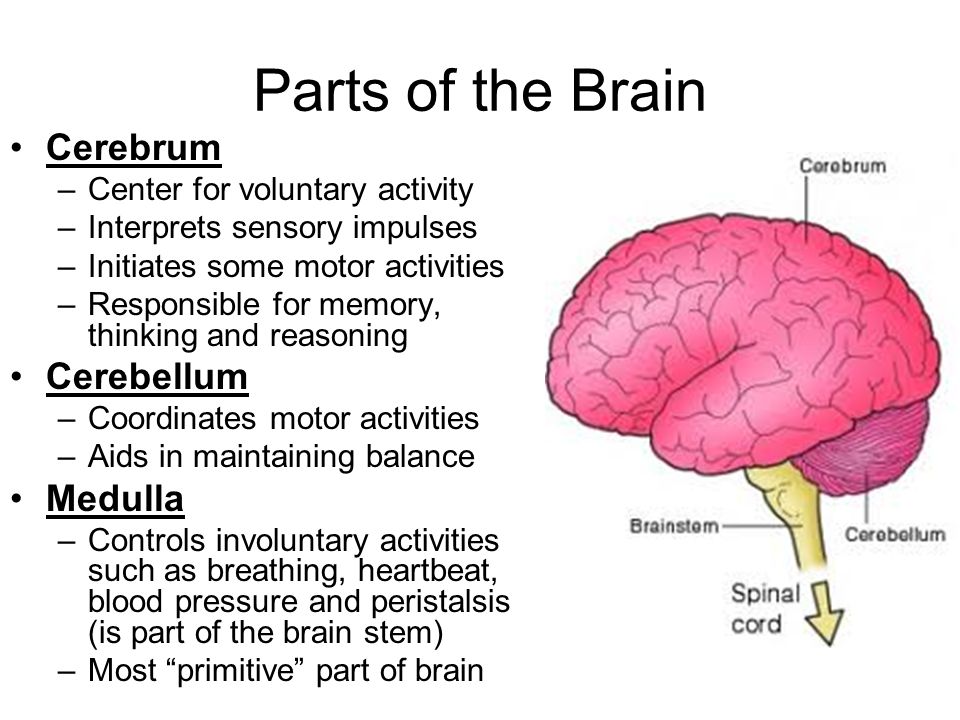
Fill in the blanks
Sometimes "platonic betrayals" happen where there is not enough joy and bright positive emotions. Think about where else, besides a relationship with a friend, you can get them. Maybe you should get out more often or it makes sense to start a new hobby, travel more, do art or sports.
Get help
If you can't handle the situation but want to keep the relationship going, find a good family therapist and start attending sessions with a partner.
Read 😔
- What to do if you cheat
How to protect your relationship from emotional infidelity
Some family counselors M. G. Neuman. Emotional infidelity: How to affair‑proof your marriage and 10 other secrets to a great relationship are quite categorical on this issue. They believe that if you are married, you should avoid any contact with members of the opposite sex (or your own if we are talking about homosexual people). This will be the prevention of treason.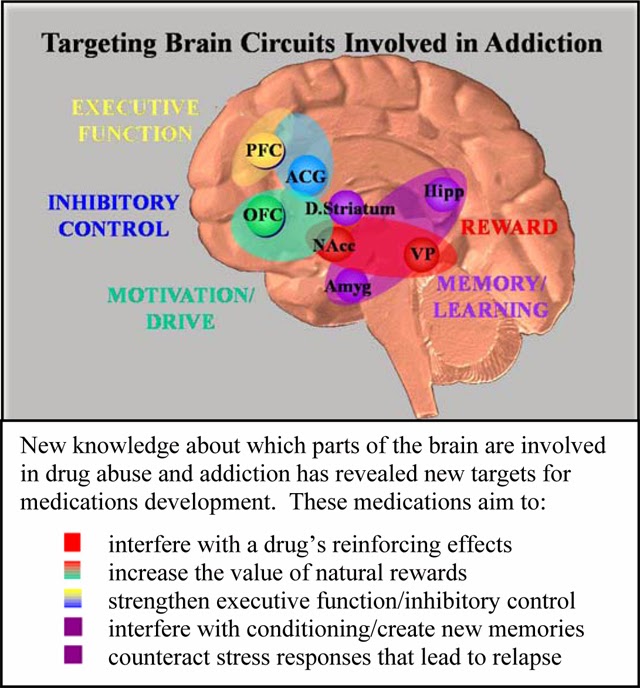
This opinion echoes the traditional patriarchal views - when the husband opposes any communication of his wife with other men. But this approach assumes that one of the spouses - most often the husband - does not trust the other and violates his freedom. And such relationships can no longer be called healthy and equal. In addition, the desire to isolate a partner from communicating with friends is a sign of What is emotional abuse? / Verywell Mind of emotional abuse.
Healthy relationships built on friendship, trust and mutual respect are in themselves a defense against adultery. So try the following.
Spend more time together
Go on dates in cafes, restaurants, theaters, movies or walks. Use every opportunity to be alone.
Talk about what worries you
Do not accumulate resentment, anger and irritation. Don't expect your partner to figure out why you're unhappy. Talk about your feelings, discuss what you don't like, try to find a solution.